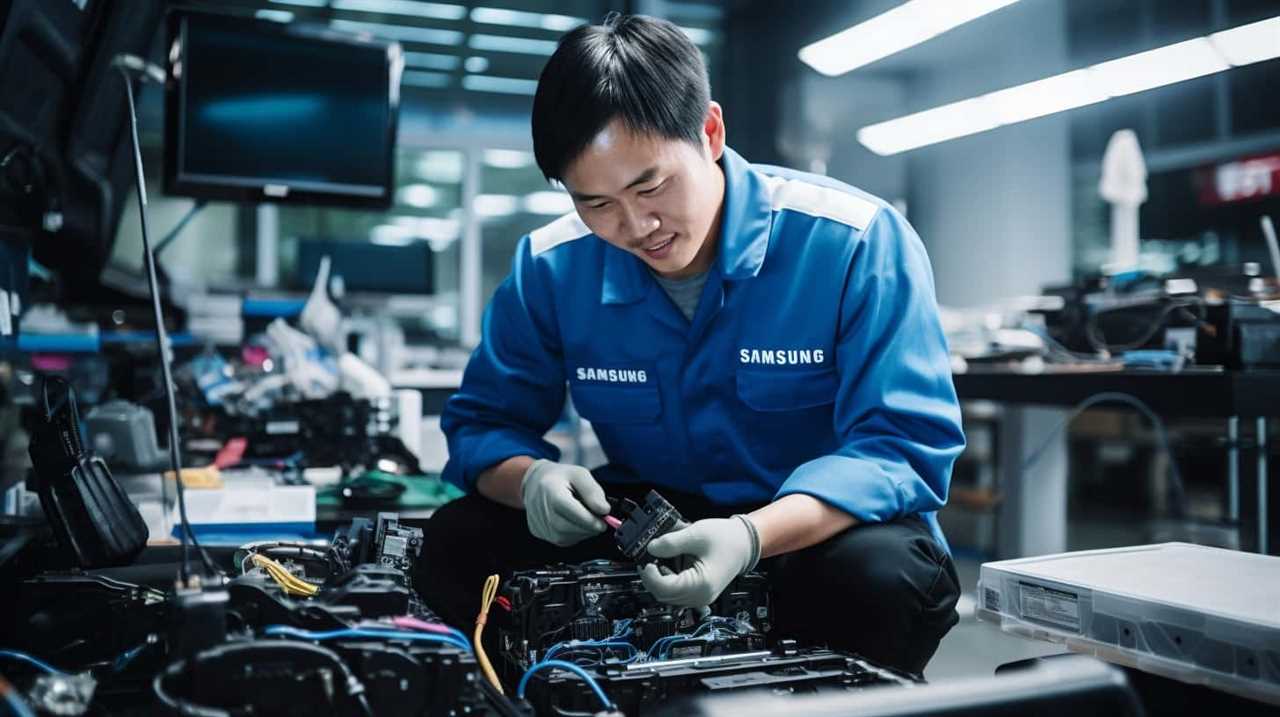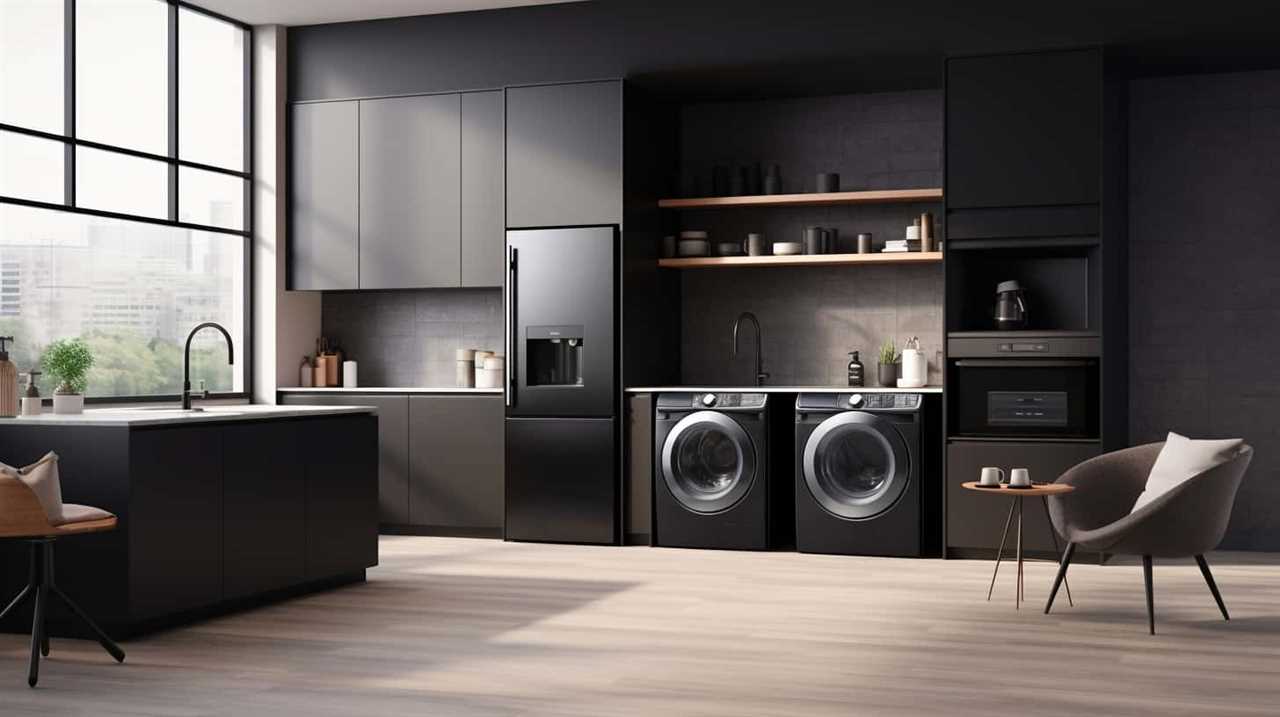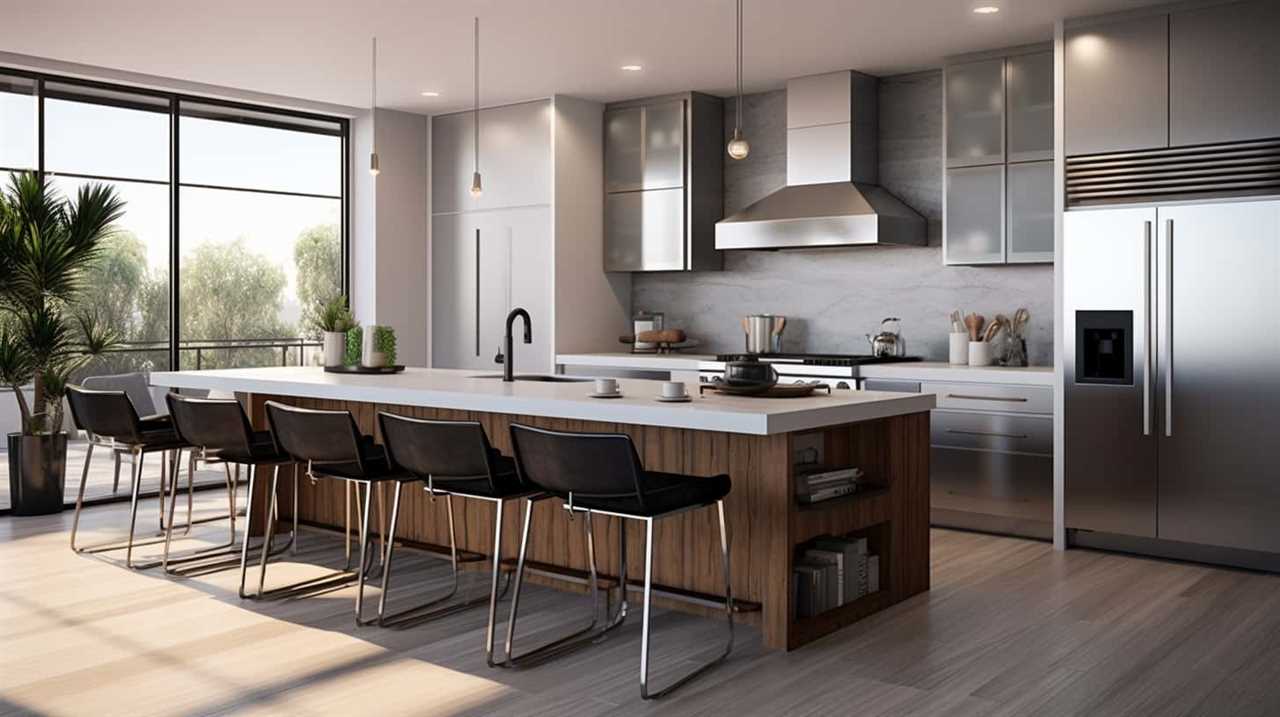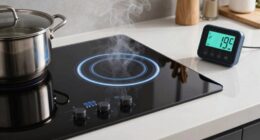In today’s real estate market, home loans have gained popularity as a financing option for homeowners. Although these loans are commonly used for purchasing or refinancing properties, many people are curious if they can utilize them to cover additional expenses like appliances.
In this article, we will explore the possibility of buying appliances with a home loan and provide insights into the types of loans that can be used for this purpose. Furthermore, we will discuss the steps involved in utilizing a home loan for appliance purchases, as well as the pros and cons of this financing strategy.
By considering these factors, individuals can make an informed decision about whether using a home loan for appliance purchases aligns with their financial goals and priorities.
Key Takeaways
- There are different types of home loans available for appliance purchases, including conventional loans, FHA loans, and VA loans.
- Lenders consider factors such as credit score and debt-to-income ratio when determining eligibility for home loans for appliance purchases.
- Steps to take when using a home loan to buy appliances include understanding financing options, researching and comparing loan products, meeting eligibility requirements, and ensuring all necessary documentation is in order.
- Financing appliances with a home loan has advantages such as spreading the cost over a longer period, lower interest rates, and convenience for financing all home-related expenses, but it also has disadvantages such as increased overall cost and potential challenges in obtaining approval specifically for a home loan for appliances.
Types of Home Loans That Can Be Used for Appliance Purchases
There are several types of home loans that allow for the inclusion of appliance purchases as part of the financing. When it comes to eligibility criteria for home loans for appliance purchases, lenders typically require borrowers to meet certain requirements. These may include having a good credit score, stable employment, and a low debt-to-income ratio. Additionally, lenders may consider the value of the appliances being purchased and their impact on the overall value of the property.

The impact of appliance financing on the overall home loan repayment period can vary depending on the terms of the loan. In some cases, borrowers may choose to finance their appliances separately from their home loan, which could result in a shorter repayment period for the appliances themselves. However, if the appliances are included in the home loan, the repayment period may be extended, resulting in a longer overall repayment period for the borrower.
It is important for borrowers to carefully consider their options and select the best financing option for their individual needs.
Steps to Take When Using a Home Loan to Buy Appliances
To effectively utilize a home loan for purchasing appliances, borrowers should follow a few important steps.
Firstly, it is crucial to understand the financing options available. Home loans typically provide financing for the purchase of a property, but some lenders also offer additional funds for appliances. Researching and comparing the different loan products and their terms can help borrowers find the best option for their needs.

Secondly, borrowers must meet the eligibility requirements set by the lender. This may include factors such as credit score, income stability, and employment history. Ensuring that all the necessary documentation is in order and meeting the lender’s criteria will increase the chances of loan approval.
Lastly, borrowers should carefully consider their budget and choose appliances that fit within it. By following these steps, borrowers can effectively use a home loan to buy appliances while staying within their means.
Pros and Cons of Financing Appliances With a Home Loan
One consideration when financing appliances with a home loan is the potential advantages and disadvantages.
On the positive side, using a home loan to finance appliances allows homeowners to spread the cost over a longer period, which can make the monthly payments more manageable. Additionally, home loans often have lower interest rates compared to other forms of financing, saving homeowners money in the long run. Furthermore, financing appliances with a home loan can be convenient, as it allows homeowners to finance all their home-related expenses in one place.

However, there are also potential downsides to this approach. One major disadvantage is that financing appliances with a home loan increases the overall cost of the loan, as homeowners will be paying interest on the appliances over the life of the loan. Additionally, it may be challenging to obtain approval for a home loan specifically for appliances, as lenders typically prefer to finance larger purchases such as homes or renovations.
Therefore, homeowners should carefully weigh the advantages and disadvantages before deciding to finance appliances with a home loan.
Factors to Consider Before Making a Decision
Before making a decision about financing appliances with a home loan, it is important to carefully consider several factors. While using a home loan to purchase appliances can be convenient, it can also have an impact on your home loan repayment. Here are some things to consider:
| Factors to Consider | Impact on Home Loan Repayment |
|---|---|
| Interest Rates | Financing appliances with a home loan may result in higher interest rates, increasing the overall cost of the loan. |
| Loan Term | Extending the loan term to include appliance financing can lead to a longer repayment period and higher interest payments. |
| Equity | Using a home loan for appliances may reduce the equity in your property, affecting your borrowing capacity for future needs. |
Alternatives to Using a Home Loan for Appliance Purchases
When considering purchasing appliances without using a home loan, there are alternative financing options available. One such option is renting appliances. Renting allows you to have access to the appliances you need without the upfront cost of purchasing them. This can be particularly beneficial if you are in a temporary living situation or if you prefer to have the flexibility to upgrade your appliances as technology advances.

Another alternative is using credit cards for appliance purchases. Many credit cards offer rewards programs or cash-back incentives, allowing you to earn benefits while making your appliance purchase. However, it is important to carefully consider the interest rates and fees associated with using credit cards for large purchases, as they can add up over time.
Frequently Asked Questions
Are There Any Restrictions on the Types of Appliances That Can Be Purchased With a Home Loan?
There are typically no restrictions on the types of appliances that can be purchased with a home loan. However, eligibility criteria for purchasing appliances with a home loan may vary depending on the lender and the specific loan program.
Can the Cost of Installation and Delivery Be Included in the Home Loan for Appliance Purchases?
The cost of installation and delivery can typically be included in a home loan for appliance purchases. This allows homeowners to finance the entire process, making it more convenient and manageable.
What Are the Potential Consequences if the Home Loan Is Not Repaid on Time?
The potential consequences of defaulting on a home loan include foreclosure, damage to credit score, and legal action by the lender. Late payments can negatively impact credit score and may lead to additional fees and penalties.

Are There Any Tax Benefits Associated With Financing Appliances With a Home Loan?
When considering financing options for appliances, it is important to explore potential tax benefits associated with using a home loan. By understanding the tax implications, homeowners can make informed decisions and potentially save money in the long run.
Can the Home Loan Be Used to Purchase Used or Refurbished Appliances?
Yes, a home loan can be used to purchase used or refurbished appliances. Financing appliances with a home loan offers benefits such as lower interest rates and the ability to spread payments over a longer period, making it a cost-effective option for homeowners.
Conclusion
In conclusion, while it is possible to purchase appliances with a home loan, it is important to carefully consider the pros and cons before making a decision. Factors such as interest rates, loan terms, and the overall cost of financing should be taken into account.
Additionally, exploring alternative options, such as saving for the purchase or considering other forms of financing, may provide a more flexible and cost-effective solution.

Ultimately, a well-informed decision will ensure that you make the best choice for your financial situation.









